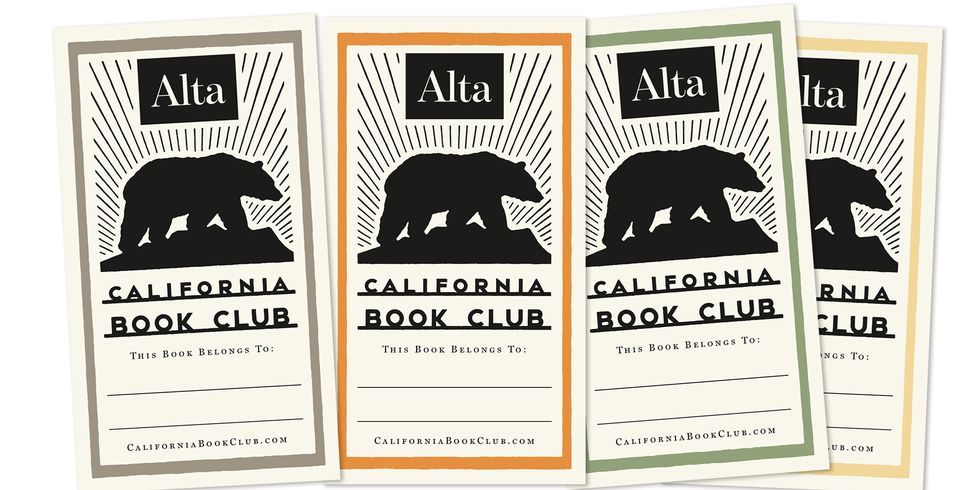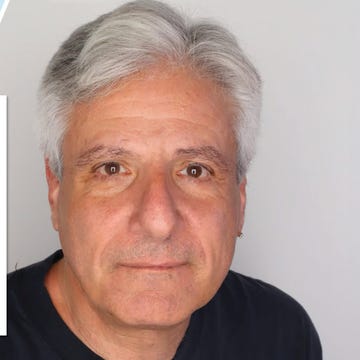Something remarkable is happening in the Bay Area. Particularly in the past decade, women in the Bay Area have taken the helm of presses, festivals, and community organizations, leading a vibrant post-pandemic revival of a literary community that continues to grow.
As of 2019, cis women outnumber men in the publishing industry nearly three to one, with particular dominance in the children’s-book industry. In 2020, women passed men in the number of books published that year. Female authors now outsell male authors as well. But despite these figures, the CEOs of the biggest five publishing houses (Penguin Random House, HarperCollins, Simon & Schuster, Hachette Book Group, MacMillan) are currently cis men, and sexism runs rampant in the industry. In response, women in books and publishing have developed coalitions, organizations, and dedicated independent presses to highlight the voices and stories of women.
I spoke to four community and organization leaders in the Bay Area, all of them women. Some of them have spent their entire careers in the Bay Area, and some came here after spending time in other literary scenes around the United States. Some lead creative spaces that are specifically dedicated to women and nonbinary people, and some invite all genders to participate. Each of these leaders emphasized building community and fostering creativity as important objectives of their organizations.
To break away from the isolation of the writer’s life, female authors in the Bay Area have formed third spaces: community-based locations that don’t commit space only to living or working but to something in between. One of these is Page Street, which describes its environment as “working at your favorite neighborhood cafe…only better.” Cofounder Janis Cooke Newman had previously been a member of the Writers Grotto and the Castro Writers Cooperative. Coming out of the first lockdowns during the COVID-19 pandemic, she wanted to find her own space to host and develop a writing community.
At Page Street, which has locations in Berkeley and San Francisco, over three-quarters of the active members are women, Newman says. Women make up the majority at nearly every event that the organization hosts, from free-writing days to industry advice seminars, though Page Street does not create programming that is exclusively geared toward different genders.
Down the road in the Mission, the Ruby is a creative community for women and nonbinary people. It was founded by California Book Club author Rachel Khong and a handful of additional members, including Peggy Lee, a poet with a background in public health, who now serves as the Ruby’s director. The workspace, Lee says, feels like a sanctuary.
“I think having a safe space for women-identifying, trans-femme, nonbinary people is particularly special and something that we prize because I think it lends to the idea that this is a place we can come in without armor,” Lee says.
Spaces carefully designed for the needs of female and nonbinary writers can create a sense of safety and security for people to share their vulnerabilities, Brooke Warner, the publisher of She Writes Press, explains. She Writes was created for female writers after Warner began her career at independent feminist publisher Seal Press, and she’s the author of Write on, Sisters! Voice, Courage, and Claiming Your Place at the Table, which looks at the ways that women have been systematically discounted from publishing and calls for them to receive their due.
“Women behave differently in women-only circles, as opposed to even if there’s one guy in the room,” Warner comments. “It sometimes changes the dynamic, especially for people who have been conditioned not to speak or to hold back.” She says that the difference can be especially poignant when women are speaking as memoirists or novelists drawing from their experiences and holding the vulnerability that comes with that expression.
Warner also serves on the board of the Bay Area Book Festival, which is chaired by Piper Kerman and advised by a team of diverse Bay Area writers and other creative professionals. Events like the book festival allow for marginalized groups to share their work and recognize one another in supportive communities.
“It’s just this really beautiful expression of community, but also supporting one another without competition,” Warner explains.
“I do think that there’s a willingness to cooperate and share knowledge and be supportive in a way that feels very sustaining and nonthreatening,” says Norah Piehl, former director of the Bay Area Book Festival and current director of Litquake, another Bay Area literary festival. “There is a little bit more freedom to establish priorities and be more experimental, which I guess is part of the San Francisco ethos writ large, too.”
After Litquake’s October festival, Piehl says, the clear majority of the books featured were authored by women and nonbinary people, and the majority of attendees at the festival’s dozens of events were women.
The Bay Area community is particularly supportive, Piehl says, which she attributes to geographic distance from New York City and the freedom to think outside the box that comes with that distance. Warner points out that many of the small presses in the area, like Heyday and She Writes, have their foundation in progressive values, which might inform their openness.
In conversation, community leaders point to the role of mentors and booksellers in supporting the work of local authors, as well as to leaders like Ellen Sussman, who, over a decade ago, formed a group dedicated in particular to getting women to show up for other women’s book events.
“Writers in New York read each other’s reviews, but writers in the Bay Area read each other’s books,” Newman says, sharing a saying in the local literary community. “I think it’s unique to the Bay Area that we have such a supportive and close-knit writing community.”•
Join us on January 16 at 5 p.m. Pacific time, when Viet Thanh Nguyen will sit down with CBC host John Freeman and a special guest to discuss The Sympathizer. Register for the Zoom conversation here.
EXCERPT
Read the powerful opening of Viet Thanh Nguyen’s The Sympathizer. —Alta
CLARION CALL
Ann Gelder writes a rousing literary essay about Nguyen’s novel, reading the book alongside totalitarianism historian Timothy Snyder’s On Freedom. —Alta
CONDUIT FOR TIME
Critic and author Ilana Masad interviews California Book Club editor Anita Felicelli about her latest book, How We Know Our Time Travelers. —Alta
SEVEN WONDERS
Read about the wonders of California featured in Alta’s winter print quarterly, now on sale. —Alta
APPROPRIATION
Read past CBC author Deborah A. Miranda’s beautiful poem “Teachings.” —Alta
UNFINISHED BUSINESS
Read Alta books editor David L. Ulin’s long-form essay on legendary science fiction author Harlan Ellison and The Last Dangerous Visions. —Alta
Alta’s California Book Club email newsletter is published weekly. Sign up for free and you also will receive four custom-designed bookplates.



















